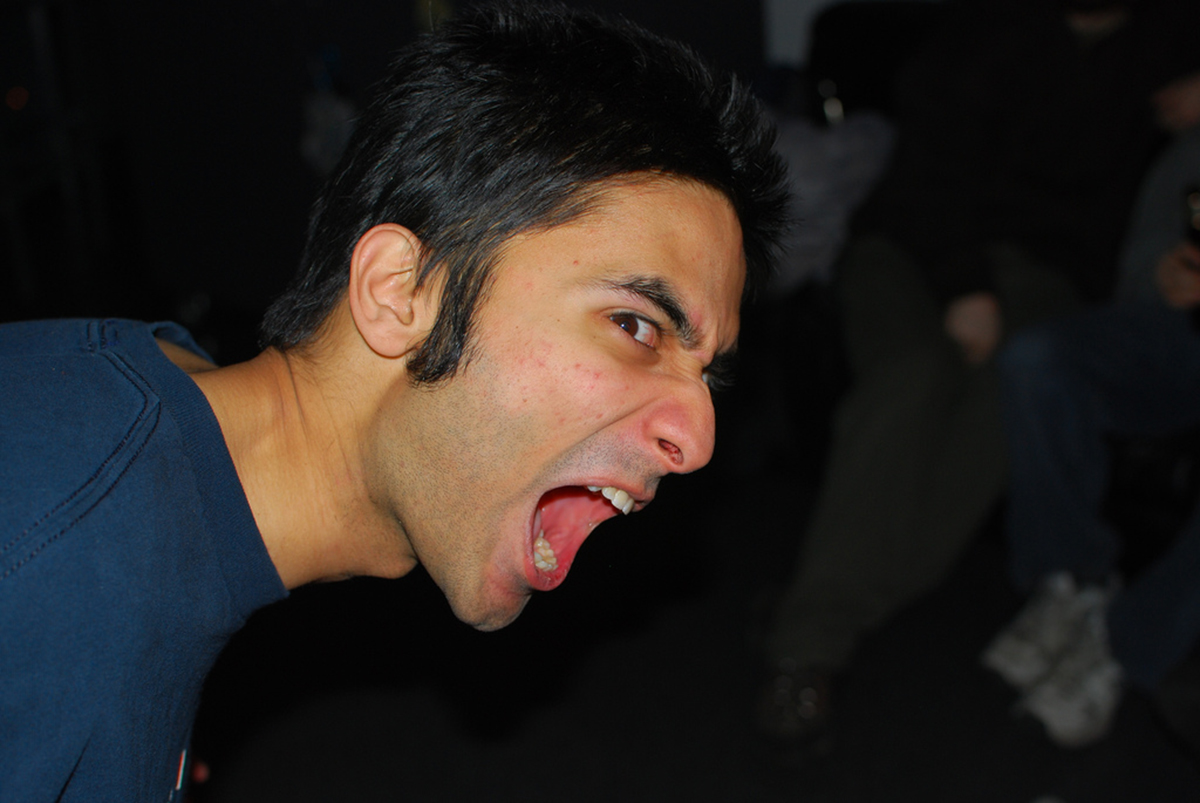Table of Contents

It is important to remember, however, that adult ADHD begins in early childhood, and to diagnose the problem, doctors often ask for the individual's family, early childhood, and developmental history. Signs and symptoms of ADHD in childhood as well as occurrence of similar problems among family and relatives provide clues to the condition. Persistence of certain behaviors for long periods, which affects one's ability to handle work, relationships and personal life also is also highly suggestive. However, other tests may be done to rule out other conditions, such as mental health disorders that mimic ADHD, including mood, anxiety, adjustment, psychotic, and learning disorders. In addition, doctors may want to rule out drug or substance abuse as well as other health problems like seizure disorders, thyroid disease, or lead poisoning.
It is not uncommon for adults with ADHD to also have other co-morbid conditions, which can complicate their mental health status. Children and adults with ADHD often also have mood disorders, learning disabilities, and other mental health problems, which also need to be evaluated.
Treatment of Adult ADHD
The treatment plan of adult ADHD often involves a combination of medications and psychological counseling.
Medications used to treat ADHD include psychostimulants, which help balance brain chemicals (neurotransmitters) and dramatically improve symptoms of hyperactivity and lack of attention. Examples of stimulants are methylphenidate (Concerta, Ritalin), dextroamphetamine (Dexedrine), lisdexamfetamine (Vyvanse), and dextroamphetamine-amphetamine (Adderall XR). These are classified as controlled substances, which may sometimes be misused by patients who have problems with substance abuse. Short-acting forms may wear off rapidly, and this can pose a problem in patients who forget to take their medications and later experience difficulties in daily life.
These include antidepressants like bupropion (Wellbutrin) and atomoxetine (Strattera), which do not take complete effect until one takes them for several weeks.
Psychological counseling or psychotherapy and education for adults with ADHD may also help them improve their symptoms and cope with life's challenges. They can help patients with:
-
time management
-
organizational skills
-
reducing impulsive behavior
-
problem-solving
-
coping with past failures
-
improving self-esteem
-
improving relationships
-
controlling temper
See Also: Medications Used To Treat ADHD
Psychotherapy may involve cognitive (mental) and behavioral therapy, which is a structured form of counseling that teaches patients to substitute negative thoughts with positive thoughts and manage their behavior. This helps one to improve his self esteem and develop skills to be able to deal with daily challenges and relationship problems.
Other forms of psychotherapy include training in relaxation and stress management, life coaching, job mentoring, marital counseling, and family therapy.
- WebMD. Attention Deficit Hyperactivity Disorder: ADHD in Adults. http://www.webmd.com/add-adhd/guide/adhd-adults
- Mayo Clinic. Adult ADHD (attention-deficit/hyperactivity disorder). http://www.mayoclinic.org/diseases-conditions/adult-adhd/basics/definition/CON-20034552
- AAFP. Adult ADHD: Evaluation and Treatment in Family Medicine. http://www.aafp.org/afp/2000/1101/p2077.html
- ADDA. Attention Deficit Hyperactivity Disorder (ADHD/ADD) Fact Sheet. http://www.add.org/?page=ADHD_Fact_Sheet
- Photo courtesy of CollegeDegrees360 by Flickr : www.flickr.com/photos/83633410@N07/7658298768
- Photo courtesy of D Wallis by Flickr : www.flickr.com/photos/dwallis/4441175500
- www.webmd.com
- www.mayoclinic.org
- www.aafp.org
- www.add.org


Your thoughts on this